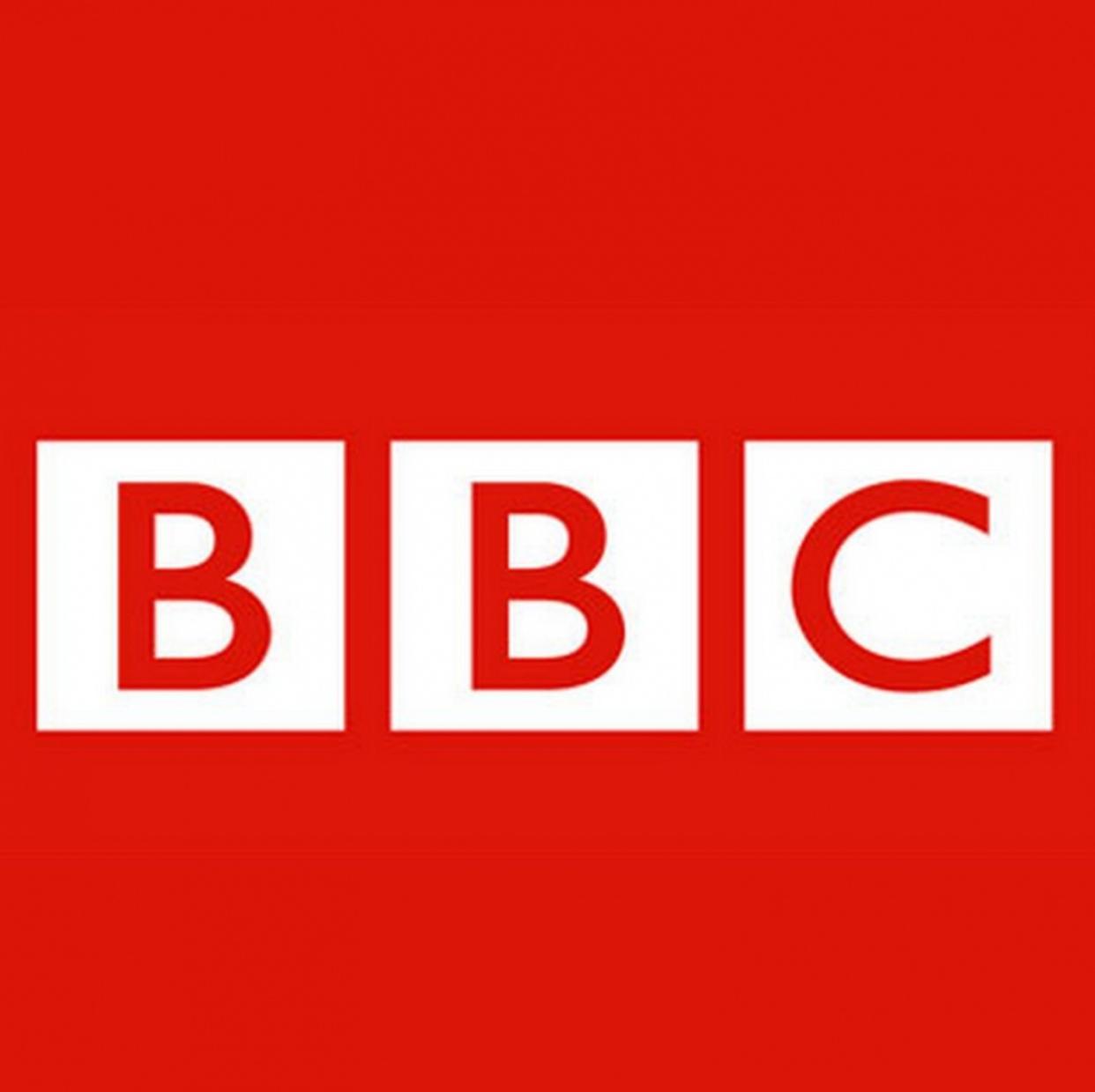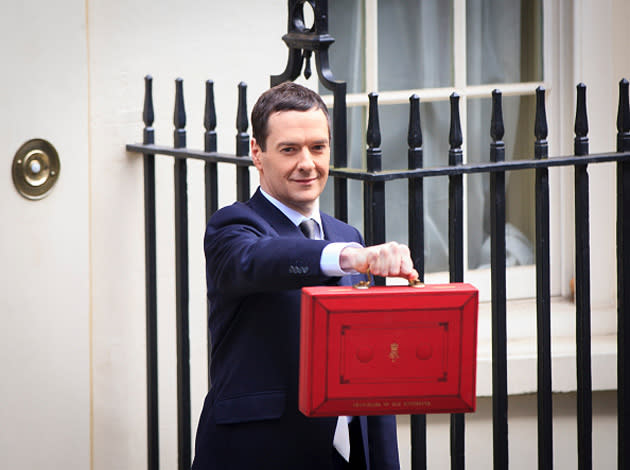BBC Faces Billion-Dollar Bill After Gov’t Asks It To Pick Up Welfare Costs; Move Marks Latest Setback

The BBC keeps taking hits rather than making them. Days after the iconic broadcaster announced it was cutting more than 1000 jobs to make up for a shortfall in its license fee revenues, a report in the Sunday Times today claims the BBC will also face a bill in excess of $1 billion for new welfare charges. The public broadcaster is being asked to absorb the cost of the license fee for viewers over age 75 as the government attempts to shift the cost currently covered by the Department for Work and Pensions- off its books. The measures are expected to be announced Wednesday during the unveiling of the Chancellor’s budget.
In return, it is being mooted, the BBC will be able to begin charging for its popular digital catch-up service iPlayer, which is currently free of charge and available for viewing on computers, phones and tablets. That could potentially bring an additional $234 million new revenue for the broadcaster, better than nothing but far from offsetting the losses in full. The cut in license fee revenues would represent almost a fifth of the $5.76 billion the BBC receives annually from the license fee. The move could come into fruition as early as 2017.
It’s been a rough time recently for the BBC. On Thursday, director general Tony Hall announced it would be cutting more than 1,000 jobs as part of a restructuring caused by a $234 million gap in license-fee income for 2016-2017. The shortfall in revenues was blamed on more people using iPlayer for on-demand viewing on mobiles and online, leading to an unexpected fall in the the number of households owning televisions. Most of the cuts are expected to come from professional and support areas with management costs also being streamlined. Promising a “simpler and leaner” BBC Hall also laid out a series of steps the organization will be taking to cut costs further, including reducing the number of divisions, bureaucracy from top to bottom and management roles.
“A simpler, leaner, BBC is the right thing to do and it can also help us meet the financial challenges we face,” said Hall in a statement at the time. “We’ve already significantly cut the costs of running the BBC, but in times of very tough choices we need to focus on what really matters — delivering outstanding programs and content for all our audiences.”
The shortfall in income again raises the need for the BBC to modernize its license fee structure to keep up with the evolution of digital technology and viewing habits. The pubcaster has been under pressure to find alternative ways to fund its operations. Earlier this year, a report from the House of Commons Culture, Media and Sport Select Committee said the TV license is “becoming harder and harder to justify.” UK households currently pay a compulsory charge of around $250 a year to help fund the BBC. Some have called on a Netflix-style subscription model, allowing households not to pay for the BBC if they did not wish to watch its programs. Hall has consistently defended the need for the license fee to continue while also recognizing the need to adapt to a digital marketplace.
The victory by the Conservative government in the May general elections has also led to increased speculation as to Prime Minister David Cameron’s plans for the BBC. BBC political editor Nick Robinson has revealed that Cameron threatened/joked with reporters while on a campaign bus that he was “going to close them down after the election.” Though believed to have been made in jest, the threat of closure was an ominous harbinger of what lies ahead for the BBC.
Chancellor George Osborne did, at least, some verbal support for the BBC while appearing on the broadcaster’s Sunday current affairs-focused The Andrew Marr Show.
“I would say the BBC is a well-run organiaation under Tony Hall, I’m absolutely sure they can make a contribution. But I want the BBC to have a strong future,” Osborne said, although he did also offer some ominous analysis of the BBC’s website as a potential area for future cuts. “If you look at the BBC website it’s a good product but it is becoming a bit more imperial in its ambitions.”

Question marks also remain over the long-term viability of BBC cash cow Top Gear in the wake of host and brand face Jeremy Clarkson’s axing after he was found guilty assaulting a producer on the show. Even though BBC execs have announced Top Gear will continue with new host Chris Evans, it remains to be seen whether the latest incarnation of the evergreen driving format will prove anywhere near as popular as the Clarkson-Richard Hammond-James May iteration. At the height of its popularity, Top Gear was worth an estimated $75 million a year in revenues to the BBC. Speculation remains high as to what Clarkson and his two cohorts plan to do next. Reports have suggested ITV, Netflix and Amazon are in vying to produce their next show, potentially in the same timeslot up against the BBC’s Top Gear. Reps for both ITV and the presenters refused to comment when contacted by Deadline.
Related stories
BBC Cuts More Than 1,000 Jobs In Restructuring Gambit To Fix Budget Gap
Discovery & EuroSport Win Rights To Broadcast 2018-2024 Olympics
Russell Tovey, Alistair Petrie & Douglas Hodge Join 'The Night Manager'
Get more from Deadline.com: Follow us on Twitter, Facebook, Newsletter

